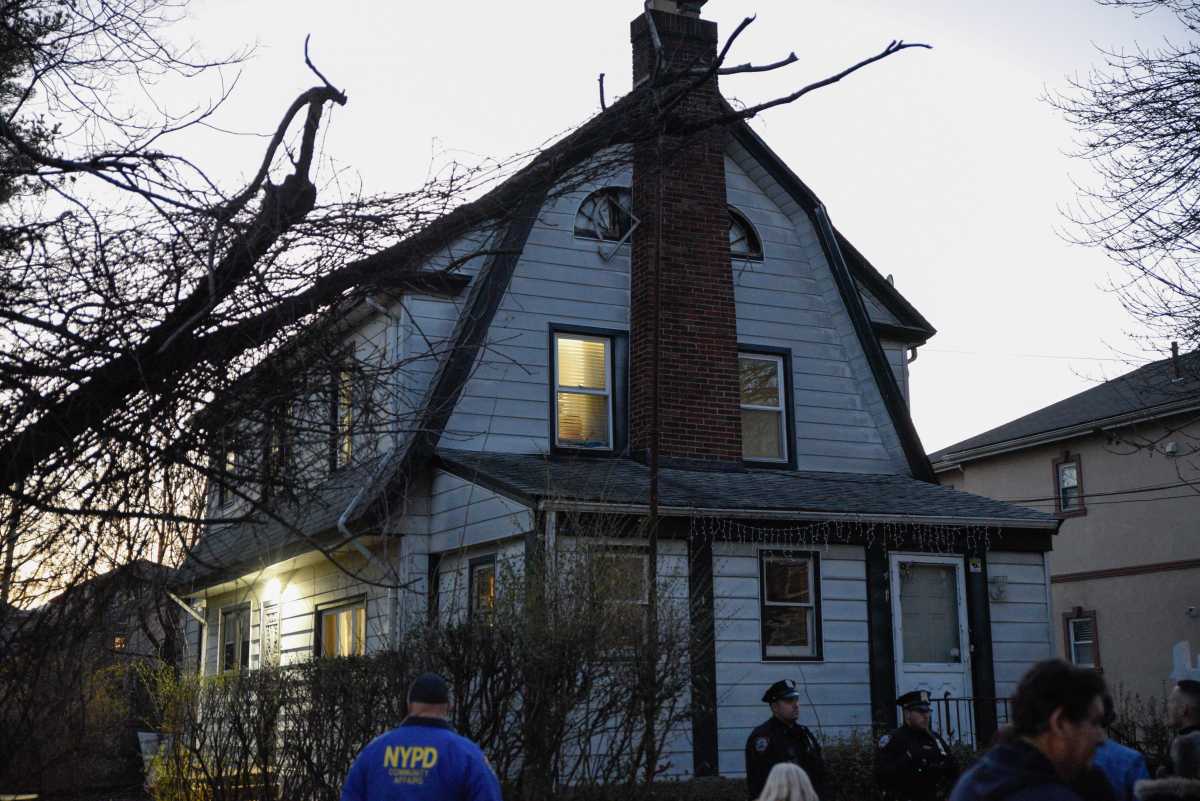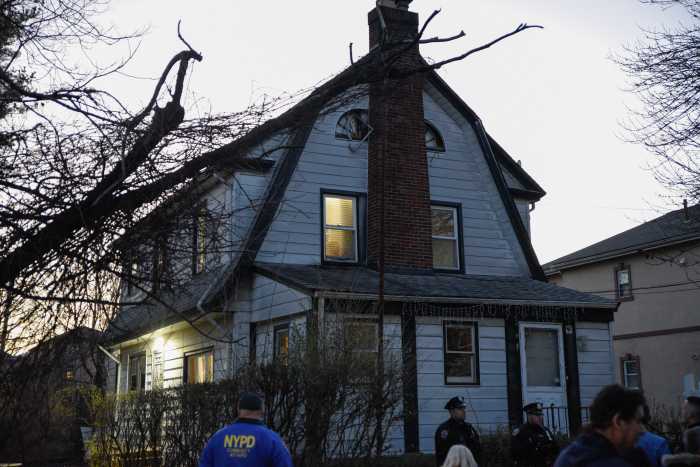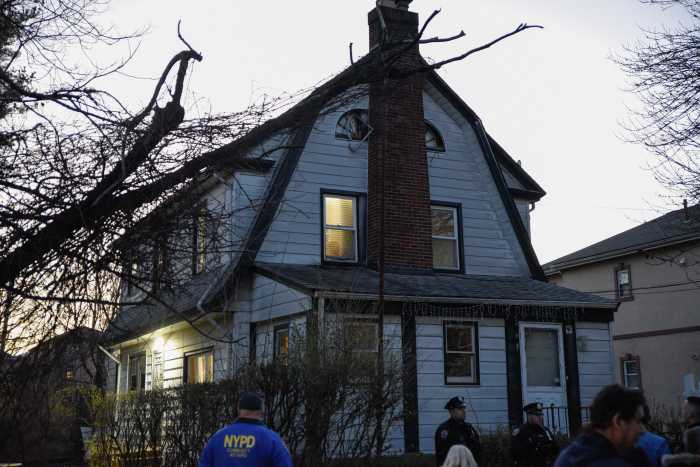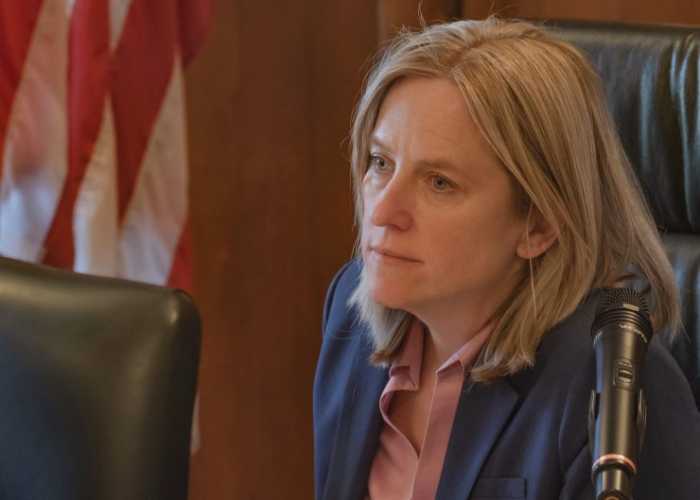The Queens District Attorney’s Office held an informational webinar earlier this week on deed protection and squatter prevention geared toward homeowners.
It was scheduled in partnership with Assembly Member Stacey Pheffer Amato, who represents Howard Beach and Rockaway. The Assembly Member shared that her constituents frequently ask about their housing rights and, like many, want more information on protecting themselves.
District Attorney Melinda Katz acknowledged that the issue is a “huge problem” across the borough. However, her team also pointed out that they successfully returned 14 homes to their rightful owners because they devoted additional resources to these cases along with the help of a recent change in state law.
A squatter is someone who occupies a property without the owner’s consent. Unlike deed fraud, they don’t claim ownership of the property, but they do claim the right to occupy the space.
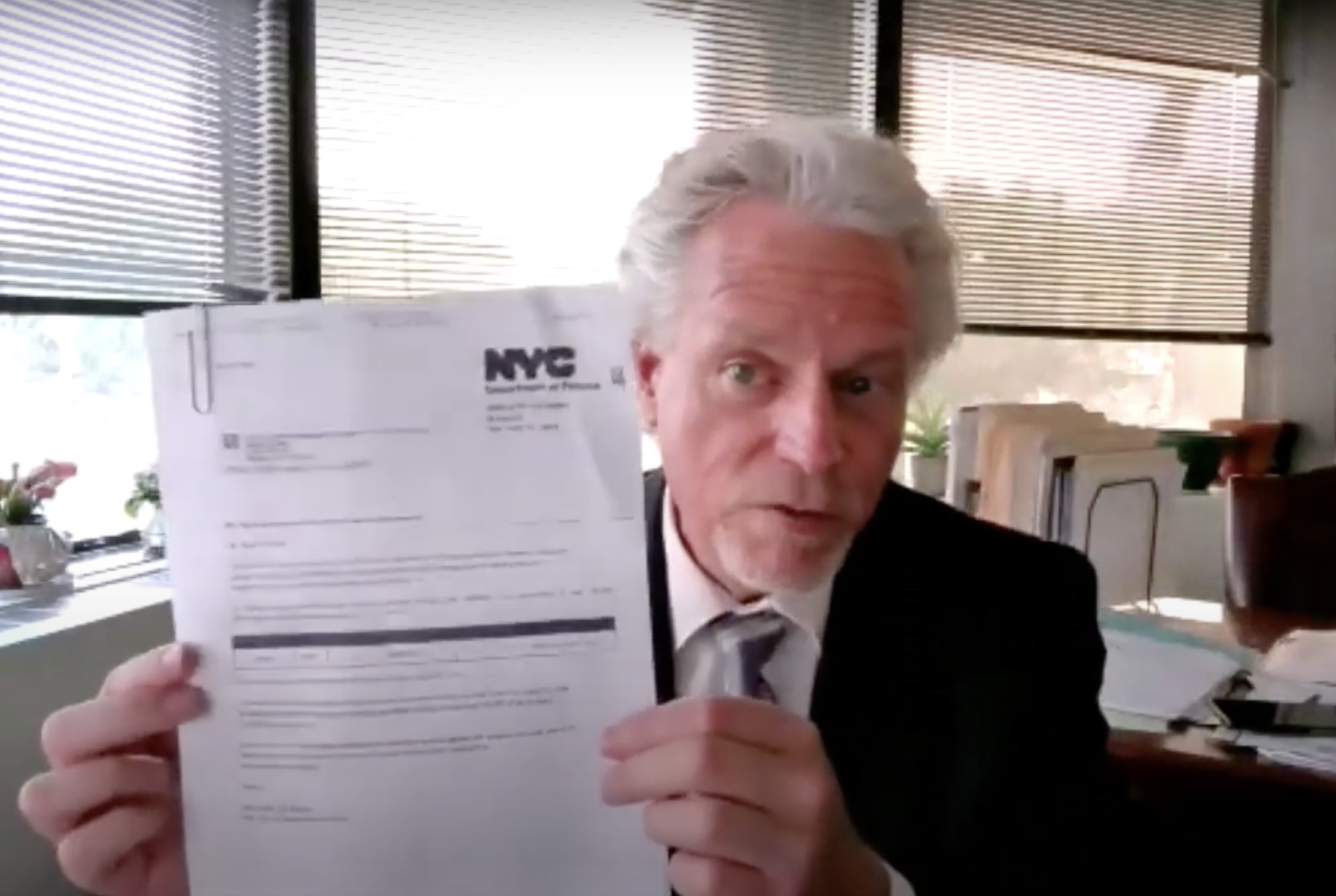
In deed theft or forgery cases, another person does not need to enter the property to gain rights. Officials say that they have found that deed fraud is a crime that some criminals specialize in after overcoming the “steep learning curve” to learn which homes to target and forge deeds.
“At the end of the day, it’s about somebody stealing your home,” said Bill Jorgenson, DA Bureau Chief of Housing and Worker Protection, during the webinar. “A lot of the tactics that you’re going to use to protect yourself from squatters are also the same things that you use to protect yourself from deed fraud.”
Here are five helpful tips shared during the webinar to protect your home.
Register on ACRIS
The Automated City Register Information System (ACRIS) database allows users to search for property records such as deeds and tax forms.
Officials say that every property owner should secure the title to their home by registering online with the city. If anyone attempts to change the title or take out a new mortgage on the property, the database immediately alerts the owner.
DA Katz said registering on ACRIS is “one of the best things you can do,” and Jorgenson encouraged homeowners to “plant your flag and establish ownership” with the county.
Talk to neighbors
Instead of complaining about “nosy neighbors,” officials say viewing them as “good neighbors” can help prevent a full-blown squatter situation.
In instances where you own a home but don’t live in it, telling several neighbors about your situation can be helpful. They’ll be able to help keep an eye on the property and contact you if they see anything suspicious.
“I don’t think there are any nosy neighbors out there because if it weren’t for these neighbors, it wouldn’t have been brought to our attention,” said Assembly Member Amato on a squatter case in her district where neighbors called her office directly with their suspicions.
In that case, the squatters sent Amazon packages to the home to establish residency. However, ultimately, officials proved that they were not the rightful tenants, and the settler was arrested.
Mow your lawn
Another squatter prevention tip is to maintain the appearance of a house by regularly mowing the lawn or trimming the bushes.
Squatters typically target homes that are not taken care of and appear vacant. Even regular visits where you are seen going in and out of the home show that the house is being taken care of.
“If you’re not living in the house, you want to be going there and visiting on a regular basis to make sure that everything is maintained,” suggested Jorgenson. “Make it clear to anyone looking at this house that you have your eyes on it.”
Look out for signs
There can be signs that someone has moved into your home or is attempting to transfer ownership of your property.
Bills that come in the mail, such as electricity, cable, or water, can indicate that someone requested services to your property. Officials say don’t assume it’s a mistake because you didn’t sign up for anything.
“It is one of the first signs that someone may be trying to take over your property. So please be diligent,” said Jorgenson.
Call three people
If you suspect someone is trying to wrongfully claim ownership of your home, there is more than one place to turn for help.
Officials encourage those needing help to call the police first, then the DA’s office, followed by an attorney. A person from each office can help in different ways.
The Queens DA’s office has several helplines, including separate ones for consumer fraud and housing protection, under which deed forgery can fall.
While the DA’s office isn’t best equipped to give out advice on civil court matters, which many squatter cases fall under, an attorney who regularly deals with these cases will.
A full recording of the Deed Protection and Squatter Information Webinar can be watched on YouTube.

